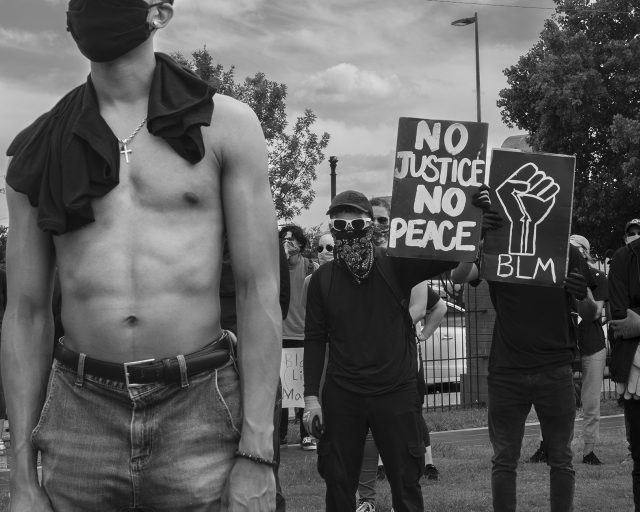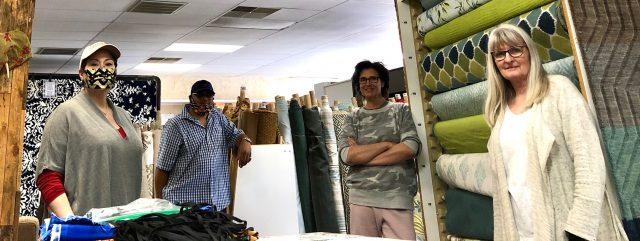April 29, 2020 | Michael Foster-Sanders | feature editor

Being black in America is a very complex thing, and veteran television writer Kenya Barris of “Black•ish” conveys this in Netflix’s series “#BlackAF.”
Barris, who also makes his acting debut, plays himself in this meta-comedy about being a successful black man in Hollywood and what he thinks that’s expected of him being black in a majority white culture.
He’s also struggling with balancing being an in-demand scriptwriter and a father who is present in his family’s lives. He’s a flawed individual who forgets his children’s birthdays, curses at his children to teach them about the real world with his experiences and to toughen them up since they’re Hollywood children. He loves them, but is learning what might work for him while he was growing up might not be the best route to go with his children.
The show is set within the backdrop of his daughter Drea’s documentary of the family’s daily life, so she can have a submission for film school. “#BlackAF” also shows the struggles of marriage and Barris’ better half, Joya Barris, played by seasoned actress Rashida Jones.
She’s a former successful lawyer who became a housewife when Kenya’s career blossomed. Joya is the glue that holds the family together. But as of late, she feels that she’s not being appreciated for sacrificing her career for her husband’s dream, which is causing a rift for the loving, but the goofy couple and will be a recurring theme through this season.
One of the best episodes of the season is the “Still…because of slavery” episode because it showcases the ideology of black families from different sides of the spectrum. Kenya’s family, from the inner city, comes for the Juneteeth celebration that Joya wants for the children so they can learn about their heritage.
Before the festivities start, Kenya tells his assistant and children to hide the valuable items because he knows how his family is, and they will rip him off. He stereotypes his own family similar to department store workers when minorities look and act a certain way.
What makes “#blackAF” work is the family dynamic and the synergy that the cast has with each other. The Barris children might be the least annoying children in television history because they feel authentic. The dialogue is so cleverly written and witty that it has a “Curb Your Enthusiasm” quality to it but not as dry and mean -spirited.
The only downside to the show is that the humor may alienate those who are not familiar with some aspects of black culture. On the other side of the coin, it might be able to teach about some aspects of black culture to develop understanding and empathy.
Is this show the end all be all about the black experience? No, but it’s a damn good show, which might become a reference if the series can keep the quality of Season One.
Bring on Season Two.






























